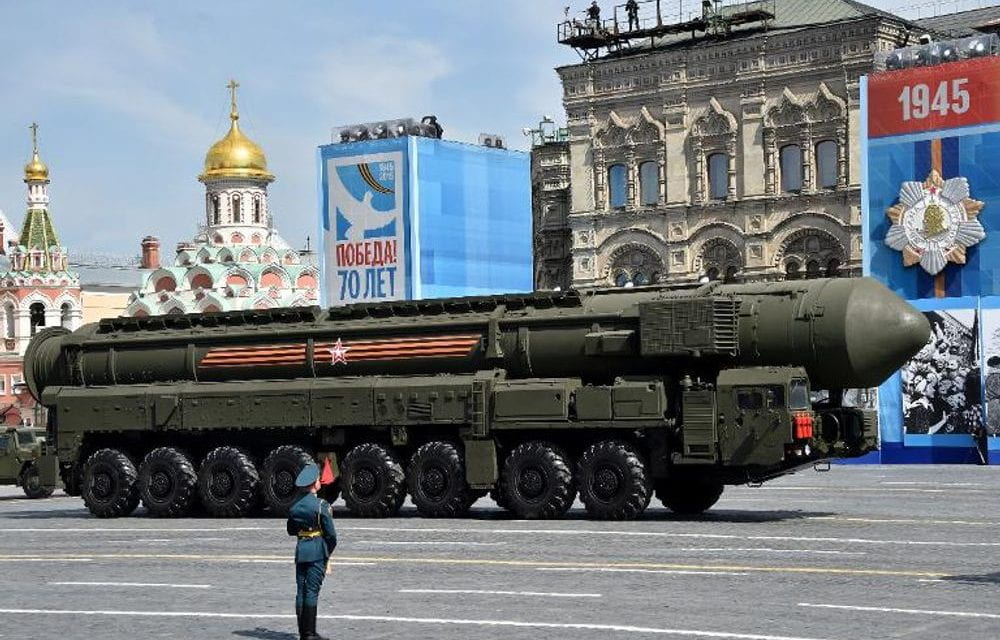Lithuania will become the first European Union member to officially withdraw from a multilateral arms control treaty when it exits the Convention on Cluster Munitions on March 6. The decision, driven by heightened security concerns over Russia’s invasion of Ukraine, marks a rare instance of a country abandoning an international disarmament agreement.
Since the establishment of the United Nations 80 years ago, only five formal withdrawals from such treaties have occurred, but three of them—all by Russia—have taken place since 2021, according to an AFP analysis of UN disarmament records.
Lithuania ratified the Convention on Cluster Munitions in 2011, pledging to eliminate the weapons from its arsenal. However, in September 2024, it announced plans to withdraw, citing the need to maintain a full spectrum of defensive tools in response to evolving regional threats.
Cluster munitions, which scatter explosive bomblets over large areas, have been condemned for their long-term danger to civilians. Despite the treaty’s 111 signatories, major military powers—including the United States, Russia, Ukraine, Israel, Iran, and both Koreas—have refused to join.

Lithuania’s move follows its vocal support for Ukraine in the war against Russia, where both sides have used cluster munitions.
In recent years, Russia has withdrawn from multiple arms control treaties, raising alarm among global security experts. In 2021, Moscow exited the Open Skies Treaty, which allowed aerial surveillance flights over member states. Then, in 2023, it revoked its ratification of the Comprehensive Nuclear Test Ban Treaty and the Treaty on Conventional Armed Forces in Europe, which limits military deployments from the Atlantic to the Urals.
The United States also withdrew from the Open Skies Treaty in 2020 under President Donald Trump, further weakening international arms control frameworks.
Beyond multilateral treaties, key bilateral arms agreements between the U.S. and Russia have also collapsed. In 2002, the U.S. withdrew from the Anti-Ballistic Missile Treaty, leading to its termination. In 2019, both nations abandoned the 1987 Intermediate-Range Nuclear Forces Treaty, which had limited their use of medium-range missiles.
The last remaining nuclear arms control agreement between Washington and Moscow, the New START Treaty, is set to expire in February 2026. Without renewal, this would mark the first time since 1972 that no strategic arms control measures exist between the two Cold War rivals.
North Korea announced its withdrawal from the Treaty on the Non-Proliferation of Nuclear Weapons in 2003. However, because Pyongyang failed to meet the treaty’s formal exit requirements, it is still technically listed as a signatory. The country has since continued its nuclear weapons development in defiance of international sanctions.


